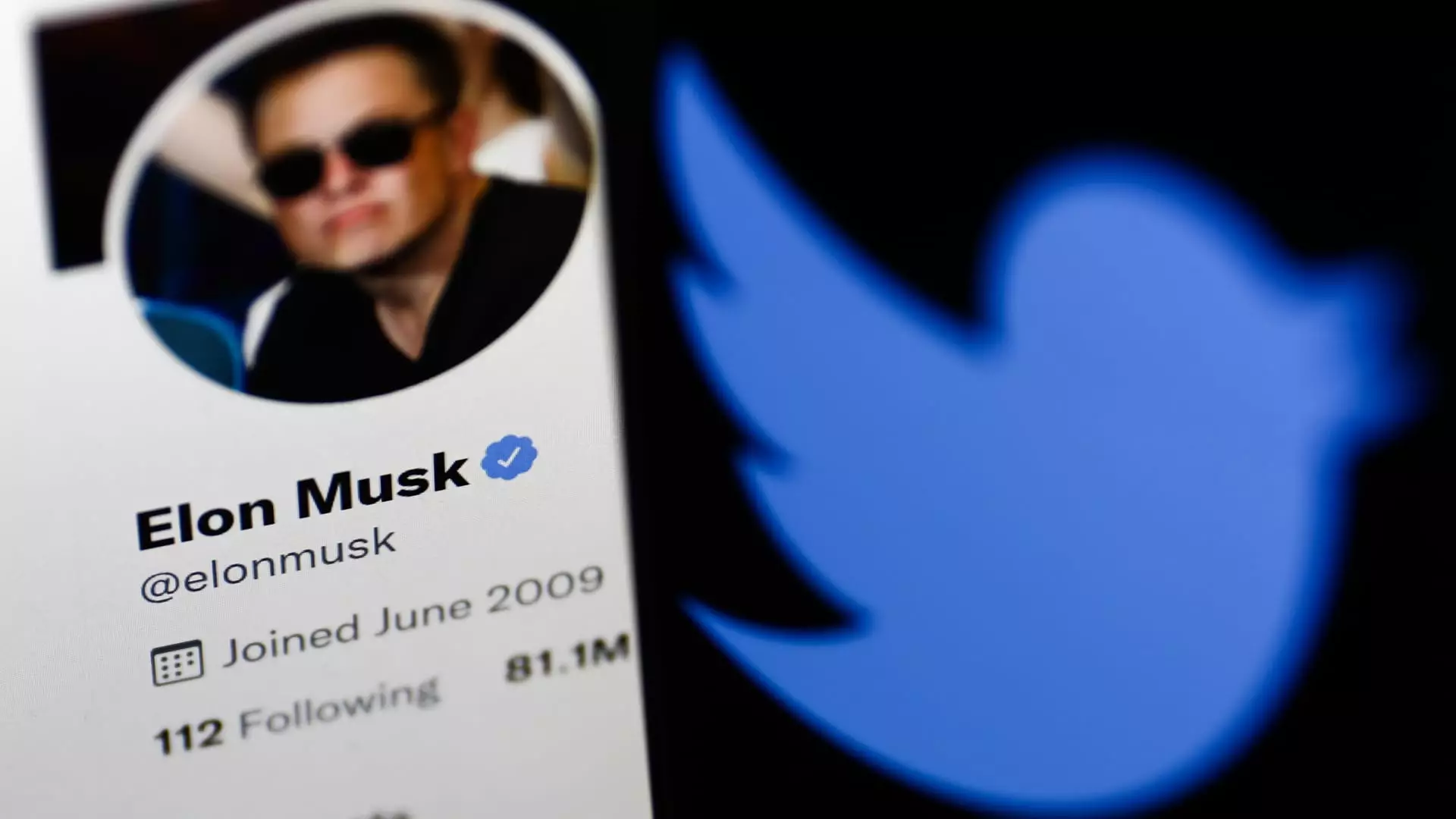In a landmark decision that reverberates through the tech and finance ecosystems, a federal court has allowed a proposed class-action lawsuit against Elon Musk and his family office, Excession, to advance. The case, filed under the title Rasella v. Musk, is a significant moment not only for the plaintiffs but also for the broader implications regarding corporate governance and securities law. The plaintiffs, consisting primarily of former shareholders of Twitter, allege that they suffered financial losses due to Musk’s failure to disclose the acquisition of his substantial stake in the company within a legally mandated timeframe. This failure is claimed to have induced investors to sell their shares at “artificially deflated prices,” a situation that raises profound questions about market integrity and transparency.
The Heart of the Allegations
At its core, this lawsuit represents more than just a financial grievance for the plaintiffs; it shines a light on a larger discourse surrounding accountability in high-stakes investment practices. The plaintiffs, including the Oklahoma Firefighters Pension and Retirement System, argue that Musk’s actions not only misled them but distorted the market’s perception of Twitter’s value. This case hinges on the claim that Musk’s silence on his growing interest created a false narrative, effectively manipulating share prices in a manner that could be construed as deceptive. By remaining tight-lipped during a critical period, Musk is accused of violating the trust that underpins market transactions.
Musk’s legal counsel has responded with a defense centered on the premise that the missed disclosure deadline was unintentional, framing the incident as a mere oversight rather than willful fraud. However, as the judge, Andrew L. Carter, articulated in his 43-page opinion, negligence does not absolve one from liability when such negligence materially misleads investors. The nuanced legal interpretation here is crucial—while Musk maintains his claims of innocence, the court’s inclination to accept the plaintiffs’ portrayal of events establishes a formidable legal landscape for the billionaire.
Market Signals and Misleading Tweets
In this case, the tangled web of tweets and public statements adds another layer of complexity. Judge Carter’s opinion pointedly observes that Musk’s actions, particularly a tweet on March 26, 2022, signaled a different intention about his investment activities. Musk had been busy acquiring shares leading up to this tweet, yet he suggested consideration of buying a different platform altogether. This discrepancy paints a picture of a savvy investor wielding social media to influence public perception, an act that the judge described as potentially misleading.
The court highlighted the notion that Musk’s communication strategy might have created a false narrative surrounding Twitter’s stock, leading to speculative trading that favored his eventual takeover. By projecting uncertainty or indifference towards Twitter in public discourse while accumulating shares behind the scenes, Musk may have inadvertently manipulated market dynamics—a serious offense in the realm of securities regulation.
Broader Implications for Corporate Governance
As the case unfolds, it serves as a crucial litmus test for corporate governance standards among CEOs, especially those with substantial social media influence. Entrepreneurs like Musk, who meld personal and corporate brands through platforms like Twitter, navigate treacherous waters where their words can dramatically affect stock valuations. If the court sides with the plaintiffs, this case could set a precedent requiring heightened disclosure standards for influential figures in tech, fundamentally altering how CEOs communicate about their holdings.
Moreover, as the same judge noted, Musk’s dealings with Twitter aren’t isolated; they reveal a pattern of behavior that may resonate across the landscape of publicly traded companies. Social media can be a double-edged sword for corporate leaders; it allows them to engage with audiences directly, but it also presents the risk of uncontrolled information leading to significant liabilities.
The Future of Musk’s Ventures
Currently, as Musk navigates the murky waters of legal scrutiny, he is simultaneously working on other formidable projects, such as xAI, which recently announced a merger with Twitter valued at astronomical figures. This duality of thriving in innovation while grappling with legal challenges showcases the unpredictable nature of modern entrepreneurship. Musk’s reputation, often hailed as that of a visionary, is now entangled with a legal narrative that could reshape perceptions of his business acumen and ethical responsibilities.
Elon Musk may emerge victorious from this lawsuit, but the ripple effects of the lawsuit will likely challenge the foundations of how high-profile business leaders interact with the market and their stakeholders going forward. The outcome will send a cautionary message, perhaps serving as a bellwether for future cases involving securities fraud in the age of instantaneous communication.


Leave a Reply